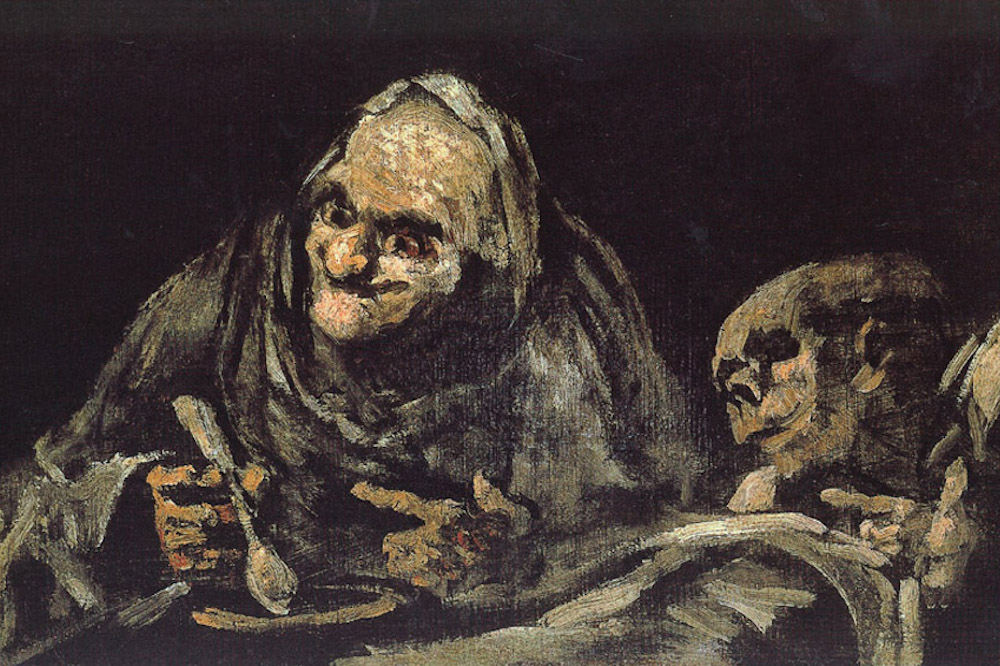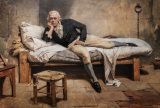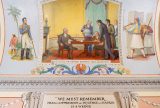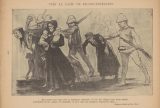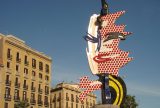A Letter from Madrid, Where Impending Quarantine Permits a Last Look at Goya
In Times of Uncertainty, Art Is a Reminder That Beauty Can Endure
The day the Spanish government announced a two-week closure of all schools and colleges in Madrid due to coronavirus, I was in Berkana, the city’s oldest gay bookstore, considering whether to buy a copy of Death in Venice by Thomas Mann. I’ve been living in Madrid since last October, when I moved here from Venezuela to study in a Master’s program organized by El País, Spain’s top newspaper. Since then, I have gotten in the habit of going to a bookstore to browse around for an hour or two whenever …




